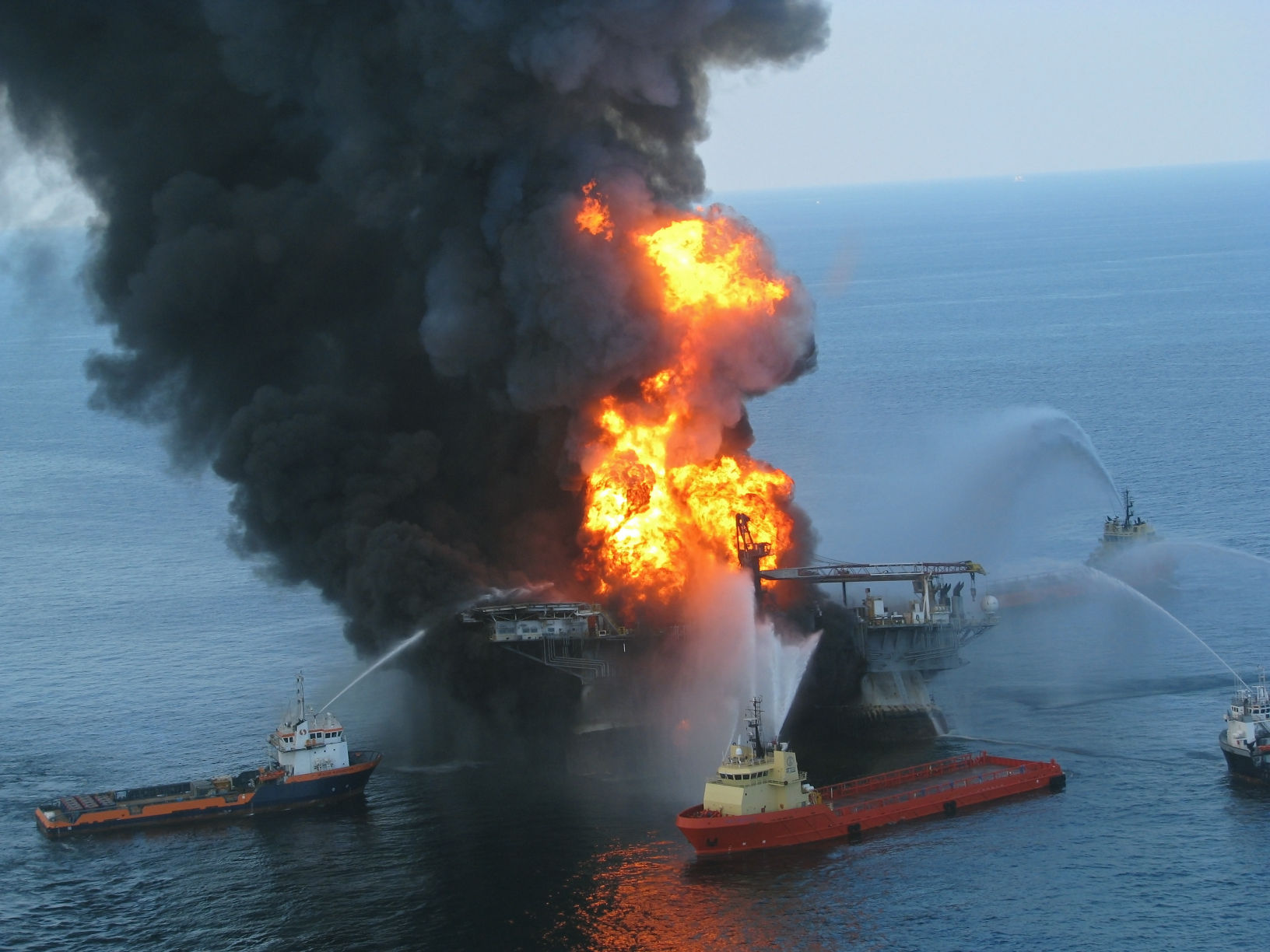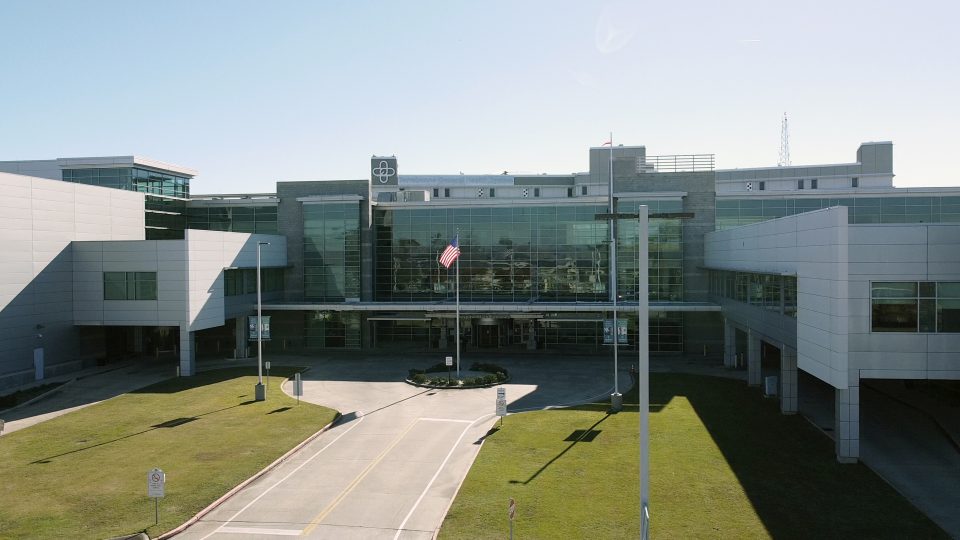Experts wonder if suing ‘Big Oil’ is really worth it for Louisiana
September 25, 2014
Failing People Failed Machines: Judge’s ruling gives picture as to what caused BP environmental disaster
September 25, 2014Halliburton announced earlier this month that it has reached a $1.1 billion settlement with the Plaintifs’ Steering Committee, who assert the organization did defective cementing work on the well leading into the 2010 Deepwater Horizon explosion and oil spill.
Most of the plaintiffs in the case are included in the settlement, including many southeast Louisiana commercial fishermen, who allege damage to property due to the disaster.
The Plaintiffs’ Steering Committee says the settlement includes two classes of eligible claimants. The first class is comprised of individuals and businesses that are class members in the existing BP Deepwater Horizon Economic and Property Damages Settlement.
As part of the committee’s settlement with BP, these class members were assigned certain of BP’s claims and causes of action against Halliburton. The settlement with Halliburton resolves these “assigned” claims and provides additional benefits to members of the BP Economic and Property Damages Settlement Class.
The second class is a new Halliburton Punitive Damages Class, which includes any individual business including fishermen and charter boat operators, property owners or governmental entity that is deemed to have Robins Dry Dock standing under General Maritime Law.
“We don’t have a whole lot of details about the Halliburton settlement right now,” said Nicholas Matherne, Terrebonne Parish Consolidated Government coastal restoration and preservation director. “It looks like on the surface with the information that we’ve gotten from the governor’s office that the money will mostly be divided up to go to commercial fishermen.”
Commercial fishermen and charter boat operators that were in business at any time between April 20, 2009, and April 18, 2012, are eligible. Property owners, businesses and local government that had oil touch their real estate or personal property at any time between the listed dates can also be claimants. Also, people who fished or hunted in specified areas and depended on their catch for subsistence, barter or trade are eligible.
“Halliburton stepped up to the plate and agreed to provide a fair measure of compensation to people and businesses harmed in the wake of the Deepwater Horizon tragedy,” said co-lead plaintiffs’ attorneys, Stephen J. Herman and James P. Roy, in a Plaintiffs’ Steering Committee release.
Many local government agencies and residents appear to fit within the above-mentioned guidelines.
“Everything’s going through the federal government, so it’s got to go through the treasury department or another federal agency [before we would get anything],” Lafourche Parish President Charlotte Randolph said.
The amount each class receives, and how claim dollar will be distributed has yet to be determined.
As part of the settlement process, a court will appoint an allocation special master who will determine what portion of the settlement amount will be given to each of the two classes.
Despite the financial hit, economic consultant Dr. Loren Scott is still confident in Halliburton’s commitment to industry in South Louisiana.
“I’m assuming that Halliburton had some sort of sense even from the time of the spill that they were going to take a hit, but they still were building a big campus in the Lafayette area to support the offshore oil and gas industry,” Scott said. “They’re still moving forward in Louisiana despite the hit that they took in that particular case.”
Halliburton and the co-lead plaintiffs’ attorneys did not grant The Times an interview request.








